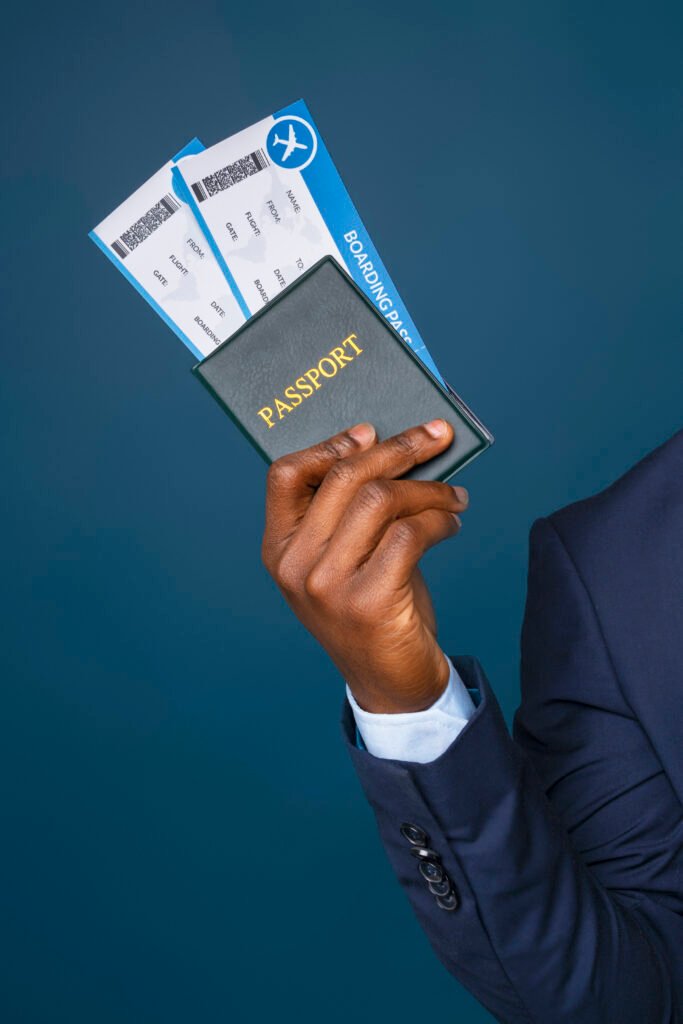Start-Up Visa
A Startup Visa is a type of visa that allows entrepreneurs to live and work in a country to start and grow their own business. It’s often designed to attract foreign entrepreneurs who can contribute to the local economy by creating jobs and fostering innovation. Different countries may have their own variations of the Startup Visa program with specific eligibility criteria and requirements. It’s like an open invitation for those with big ideas and a business mindset!
At its core, the Startup Visa represents more than just a legal document; it embodies a commitment to fostering a culture of entrepreneurship and stimulating job creation within the host country. Entrepreneurs who embark on this venture contribute not only to the growth of their businesses but also to the broader community, injecting fresh ideas and driving innovation that ripples through the local economic landscape. The allure of the Startup Visa lies in its potential to serve as a catalyst for positive change, forging connections between visionary individuals and the host nation’s economic tapestry.

While the overarching concept remains consistent, the specifics of the Startup Visa program can vary significantly from one country to another, each molding its own version with distinct eligibility criteria and requirements. This nuanced approach reflects the adaptability of this visa category to the unique needs and priorities of different nations. It’s an inclusive framework that embraces diversity and embraces those with big ideas, providing a platform for ambitious minds to turn their entrepreneurial dreams into tangible, impactful realities. In essence, the Startup Visa is an embodiment of international collaboration, where borders fade away in the pursuit of shared economic growth and innovation.
Immigration

Immigration is the process of individuals moving permanently or semi-permanently to a new country or region. People who immigrate are called immigrants. This movement can be motivated by various factors, including economic opportunities, better living conditions, family reunification, or fleeing from persecution or conflict in their home country. Immigration has been a significant aspect of human history, contributing to cultural diversity and shaping the demographics of nations. It’s a journey that involves adapting to a new environment, navigating legal processes, and often building a new life in a different place.
Immigration, a profound and multifaceted phenomenon, encapsulates the intricate process through which individuals make the transformative decision to relocate either permanently or semi-permanently to a new country or region. Those who embark on this poignant journey are rightfully labeled immigrants, and their motivations for such a life-altering move are as diverse as the cultural tapestry they contribute to shaping. The impetus behind immigration ranges from the pursuit of economic opportunities and the quest for improved living conditions to the compelling forces of family reunification, or the desperate need to escape persecution and conflict in their countries of origin.
This intricate dance of people across borders has left an indelible mark on the annals of human history, where immigration emerges as a driving force behind the rich tapestry of cultural diversity evident in nations worldwide. The ebb and flow of individuals seeking a new beginning have not only altered the demographic landscapes of host countries but have also woven threads of varied traditions, languages, and customs into the very fabric of societies. Immigration, therefore, stands not just as a migration of bodies but as a vibrant exchange that fuels the dynamism of global communities.

